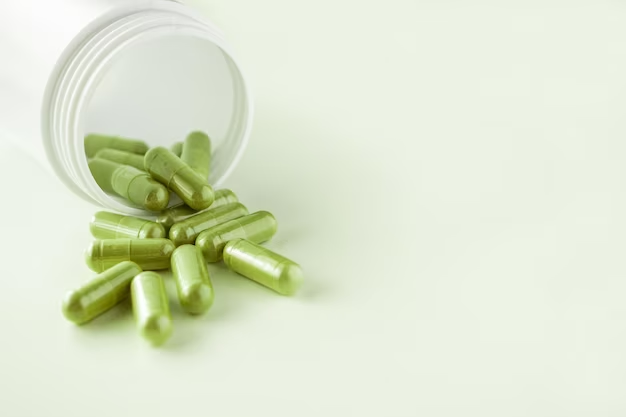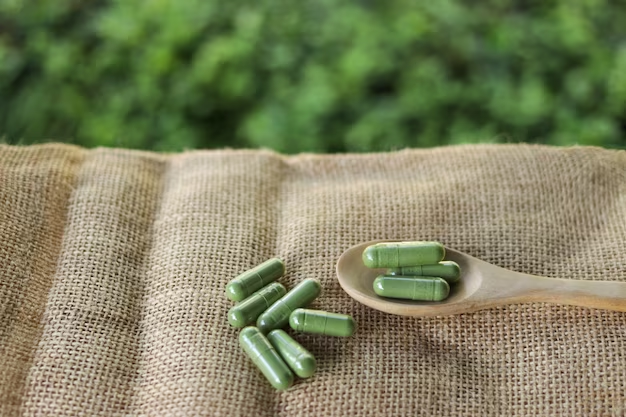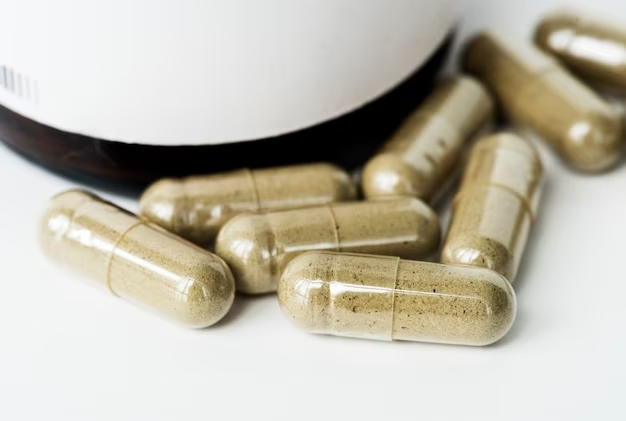Hypromellose capsules have emerged as a popular choice in the pharmaceutical industry due to their unique properties and benefits. Let’s embark on this journey to uncover the potential of hypromellose capsules.
What are Hypromellose Capsules?
Hypromellose capsules, also known as HPMC capsules, are a type of vegetarian-friendly, plant-based capsules. They are derived from hypromellose, a semisynthetic polymer made from cellulose. These capsules are widely used to encase various pharmaceutical and nutraceutical formulations.
Benefits of Hypromellose Capsules
- Suitable for Vegetarians and Vegans
- Unlike gelatin capsules, hypromellose capsules are plant-based, making them an ideal choice for vegetarian and vegan consumers.
- Enhanced Stability
- Hypromellose capsules exhibit better stability and protect sensitive ingredients from moisture and other environmental factors.
- Reduced Allergenicity
- Gelatin allergies are common, but hypromellose capsules are hypoallergenic, posing no risk of allergic reactions.
- Customizable Release Profiles
- These capsules allow for precise control over drug release profiles, enabling various dosage formulations.
Composition of Hypromellose Capsules
Hypromellose capsules primarily consist of hypromellose and purified water. The hypromellose serves as the main capsule shell material, while water is used to plasticize and shape the capsules. The absence of harmful additives or preservatives makes hypromellose capsules a safer alternative.
Advantages Over Gelatin Capsules
While gelatin capsules have been a standard in the industry, hypromellose capsules offer several advantages that have led to their increasing popularity.
| Aspect | Hypromellose Capsules | Gelatin Capsules |
|---|---|---|
| Source | Plant-based | Animal-based |
| Stability | High | Moderate |
| Allergenicity | Hypoallergenic | Common allergen |
| Customization | Flexible release profiles | Limited release profiles |
| Manufacturing Process | Vegan-friendly | Not suitable for vegans |
| Religious Considerations | Halal and Kosher certified | Not always suitable |
Applications of Hypromellose Capsules
Hypromellose capsules find applications across various industries:
- Pharmaceuticals
- Hypromellose capsules are extensively used in the pharmaceutical sector to encapsulate drugs, vitamins, and supplements.
- Nutraceuticals
- The nutraceutical industry relies on hypromellose capsules to encapsulate herbal extracts, antioxidants, and other bioactive compounds.
- Cosmetics
- In the cosmetic world, hypromellose capsules are used to create unique and innovative encapsulated products.
- Food Additives
- Some food manufacturers utilize hypromellose capsules to create novel food additives and encapsulated flavorings.
- Research and Development
- In laboratories, researchers use hypromellose capsules to study drug delivery and release mechanisms.

Handling and Storage
Proper handling and storage of hypromellose capsules are crucial to maintaining their quality and performance. Here are some tips to ensure optimal storage conditions:
- Store in a Cool and Dry Place
- Hypromellose capsules are sensitive to moisture. Therefore, they should be stored in a dry environment, away from direct sunlight.
- Avoid Extreme Temperatures
- Extreme heat or cold can affect the integrity of the capsules. It’s best to store them at room temperature.
- Keep Away from Strong Odors
- Capsules can absorb strong odors, which might affect the contents. Store them away from substances with potent smells.
Manufacturing Process of Hypromellose Capsules
The production of hypromellose capsules involves several stages, ensuring high-quality and consistent results. Here is an overview of the manufacturing process:
- Hypromellose Extraction: The process begins with the extraction of hypromellose from cellulose, a renewable plant material;
- Purification: The extracted hypromellose undergoes purification to remove impurities, ensuring a clean and safe final product;
- Mixing and Blending: Purified hypromellose is then mixed with water to create a gel-like substance, forming the capsule shell material;
- Capsule Formation: The gelatinous mixture is shaped into capsules using specialized molding equipment;
- Drying: The newly formed capsules are dried to remove excess moisture, ensuring stability and preventing capsule deformation;
- Quality Control: Throughout the manufacturing process, rigorous quality control measures are implemented to meet industry standards.
Different Variants and Sizes of Hypromellose Capsules
Hypromellose capsules are available in various sizes to accommodate different formulations and dosages. Commonly used sizes include 00, 0, 1, and 2, with 00 being the largest and 2 being the smallest. Additionally, different variants of hypromellose capsules are tailored to specific needs:
- Delayed-Release Hypromellose Capsules: These capsules provide protection for acid-sensitive ingredients, ensuring they pass through the stomach intact before releasing in the intestines;
- Colored Hypromellose Capsules: For branding and product differentiation, capsules can be customized with various colors;
- Flavored Hypromellose Capsules: Some manufacturers offer flavored capsules, making medication consumption more pleasant, especially for children;
- Sustained-Release Hypromellose Capsules: These capsules gradually release the active ingredient, reducing the frequency of dosing.
Hypromellose Capsules in Nutraceuticals and Dietary Supplements
The nutraceutical and dietary supplement industries have witnessed a surge in the use of hypromellose capsules. These capsules are particularly favored for encapsulating herbal extracts, vitamins, minerals, and other bioactive compounds. The ability to customize release profiles makes them ideal for slow-release supplements and targeted nutrient delivery.

Comparing Hypromellose Capsules with Other Vegetarian Alternatives
While hypromellose capsules are a popular choice for vegetarian consumers, they are not the only option available. Let’s compare hypromellose capsules with other vegetarian alternatives, such as pullulan and starch-based capsules:
| Aspect | Hypromellose Capsules | Pullulan Capsules | Starch-Based Capsules |
|---|---|---|---|
| Material Source | Cellulose | Pullulan | Starch |
| Allergenicity | Hypoallergenic | Hypoallergenic | Possible allergen |
| Manufacturing Process | Synthetic polymer | Fermentation | Gel-forming |
| Customization | Flexible release profiles | Flexible release profiles | Limited release profiles |
| Stability | High | High | Moderate |
Conclusion
Hypromellose capsules have revolutionized the pharmaceutical and nutraceutical industries with their plant-based composition and versatile applications. These capsules offer numerous benefits, making them an excellent alternative to traditional gelatin capsules. Their ability to customize drug release profiles and their hypoallergenic nature make them an attractive choice for various formulations. As the demand for vegetarian-friendly options grows, hypromellose capsules are likely to continue their journey as a key player in modern pharmaceuticals.
